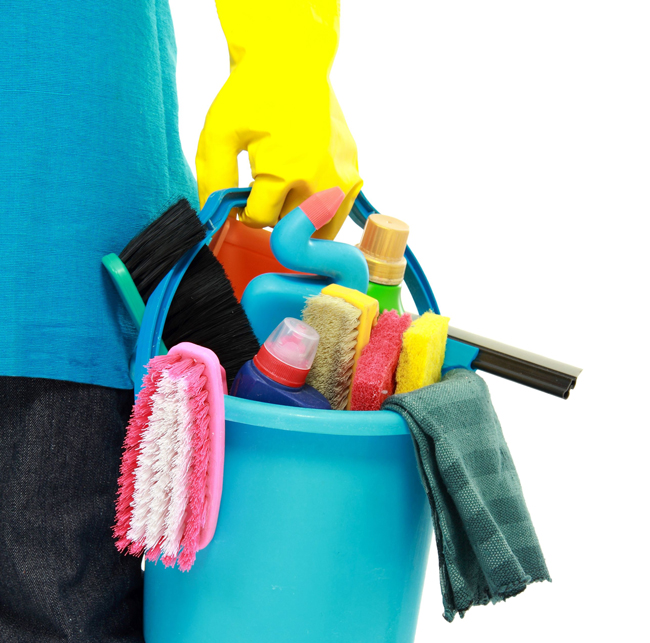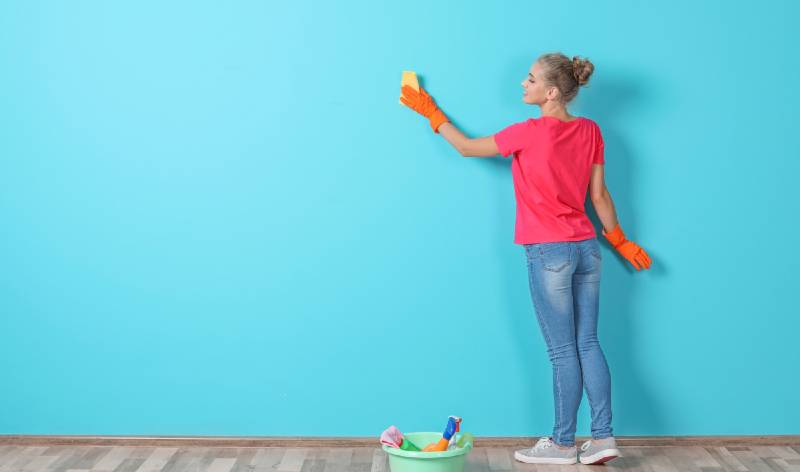
It is important to disinfect the air after getting sick. Flu germs can travel up to three feet from an individual, making it especially important to disinfect surfaces that are high-touch. You should also disinfect all electronic devices within your home. This includes all electronic devices in your house, including remote controls, phone keys and computer keypads.
Clean surfaces with high-touch finish
Cleaning high-touch surfaces regularly can help you disinfect the air and reduce the risk of sickness. High-touch surfaces should be cleaned at least once a day. However, if they are heavily used, you should clean them more frequently. Although you should be concerned about COVID-19, disinfectant spray is sometimes necessary. You should also make sure to use environmentally-friendly cleaning products.
Make sure you follow the manufacturer's instructions when using disinfectants. Also, wear gloves. It is also advisable to clean the surfaces in a well-ventilated area. National authorities have developed lists of recommended disinfectants. Common high-touch surfaces are door handles, chairs, tables and toilets. These surfaces must be disinfected with approved disinfectants according to the EPA. Other items that are used by household members should be disinfected as well.
Insulate your home
Ventilating can disinfect your home and help remove virus particles. The average home is 4 to 5 times more polluted inside than outside. Fans, air filters, and opening windows can help to move fresh air around. To move more air throughout your house, you can open multiple windows and doors.
Clean surfaces

To avoid spreading disease, it's important to clean surfaces after illness. Disinfectants are available to help you do this. These should be used with caution as some could cause harm. These products must be kept out reach of children. Also, ensure that surfaces are thoroughly cleaned using the recommended methods.
A chemical solution is applied to disinfect surfaces. This kills germs. Bleach or alcohol can be used. These disinfectants must stay on the surfaces for a specified time before they can removed. These disinfectants do not clean surfaces and may not kill all germs.
Eliminate germs from hidden places
After a sickness you will want to make sure germs are not hiding in your home. Most germs will hide in the bathroom and kitchen. You can also find them in linens and laundry. These germs can also be hidden in linens and laundry. It is also a good idea to disinfect surfaces such as doorknobs or light switches frequently.
It is important to disinfect any areas that your children have touched if they are ill. The bathroom is the most dangerous germ spot in the home. Use hot water and bleach to clean it. You should also disinfect doorknobs as well as faucet handles and cabinet handle.
Before COVID-19 is spread, clean surfaces
Clean surfaces before there is an outbreak of COVID-19. Clean surfaces each day will keep you healthy, eliminate the virus, and lower the chance of spreading the disease. Once you have cleaned surfaces, disinfect them with EPA List N disinfectants to kill any remaining germs. This is especially recommended for areas with high touch such as keyboards and remote controls.

It is also important to wash hands after touching COVID-19-contaminated surfaces. The virus can be spread by direct contact, airborne transmission, or through bodily fluids. However, the risk of transmission via surfaces is extremely low. According to updated guidelines, the chance of contamination by surfaces is less than 1 in 10,000,000. Even so, it's recommended that surfaces be cleaned with a solution of at least 70% alcohol.
Clean surfaces after illness
After getting the flu or other illness, disinfect any hard surfaces and wash clothes in hot soapy water. Wipe down any high-touch areas such as the kitchen counters, dining table and chairs. Additionally, be sure to clean out electronics, doorknobs, light switches and other areas that can harbor germs.
It is vital to disinfect surfaces once a patient has returned home. This will prevent spread of the virus. Disinfect dishes in the dishwasher, and wash utensils in disinfectant solution. You can use 1/2 cup chlorine bleach per gallon water. Wipe down all furniture, light switches, refrigerator handles and other electrical components. It is important that you wash your hands thoroughly after touching any sick surfaces, even the trash can.
FAQ
What is the first thing to do when you clean a house?
The first thing to do is to clean the windows. This will allow you to see what's outside. Then, you need to take everything off your floor. Next, remove all of the clutter from the floor.
Then you should wipe the walls. Also, make sure that there are no cracks in the wall. If there are any holes, you should fill them with plaster. After that, you should wash the floors. Finally, sweep the place. Then dust everything.
What's included in a basic cleaning of your house?
For home cleaners, it is important to have the right tools. All you need is a mop, bucket, dustpan and mop. It's also worth getting a second-hand carpet sweeper as well. You don't have any to worry about spillages spreading around your house.
It is also useful to use a damp cloth, but it is not necessary. If you need it, you could also use an old tea towel.
For deep cleans, rubber gloves are essential. Rubber gloves protect your hands from dirt and keep it from getting into your fingers.
Use chemicals safely for yourself and your family. Ask your local authority for recommendations on the best products for your region.
These items should not be the only thing you bring. You may also want to include cleaning rags, sponges, or a disinfectant spray.
What is a deep clean?
A deep clean includes cleaning all surfaces, including baseboards, walls, doors, windows, etc. It involves vacuuming up, mopping, cleaning, polishing, washing dishes and wiping down counters.
Some companies offer other services such as spring cleaning, end-of-tenancy cleaning, or even pet care.
How often should I get my house cleaned?
It depends on how dirty your home is. If your household is very messy, you might find yourself cleaning every week. You can usually get away with just a few stains a month if there aren't many.
You may also need to clean up more often if there have been guests or a party.
Is it a good idea to clean before the cleaner arrives?
You should have a backup plan in case you need it. If you don't prepare for a cleaner to arrive, they might not be able to clean your home.
You can avoid this by making a list of items that need cleaning. This list could include a list that includes furniture, floors, carpets, and rooms. A checklist of tasks should be included for each item.
Also, you'll need to think about how much time it will take to accomplish these tasks. For example, in a large livingroom, you might focus first on the floor, followed by the walls.
It is important to have a time estimate for each task, and to stick with it. You could risk having cleaners leave halfway through the job.
Most of the time, when hiring someone to clean our home we don’t give them any direction. We expect them to use their knowledge to determine where we should go.
This is why you should create an inventory of all areas, tasks, time frames, and locations. It is possible to ensure that all cleaners have the right tools and equipment in order to do the job correctly by making a detailed plan.
Statistics
- You should add 50 percent to cover these costs. (freshbooks.com)
- A single-family home should cost $120 to $150 to clean, according to Home Advisor. (freshbooks.com)
- The best-paid 10 percent make $34,000, while the lowest-paid 10 percent make $26,000. (zippia.com)
- You must see the house in question when estimating all private house cleaning jobs, according to Cleaning 4 Profit. (freshbooks.com)
External Links
How To
Tips to organize and keep your home clean
It will be easier to keep things tidy at home if your space is well-organized.
Make a list of all the things you own. Start by listing everything you own. Don't forget to include any items that are no longer needed. The next step is to go through all of your belongings and decide which items should remain in your home forever and which items can be sold or donated to charity. You may also want to consider selling some items online. The money you make from these sales might be enough to pay for your bills.
Next, sort out the stuff that stays in your home. You can start by emptying the dishwasher. Afterward, put clothes into the drawers. Finally, fold laundry and place it in the closet. Clear out the areas you spend the most time in. You could possibly move your furniture around to make room for storage containers. Or maybe you could set aside a specific area just for storing toys, books, and games.
Once you've got your possessions sorted, you can clean out your home. Get rid of posters, artwork, and photos. Remove excess clutter from shelves, tables, and counters. Throw out old magazines and newspapers. Finally, take care of yourself by picking up trash and emptying wastebaskets.
The best way to keep your home clean is to start small. Once you're used to doing simple tasks like this, you'll find that they become second nature. So, when you have extra time, try tackling a more extensive project, such as organizing your garage, basement, attic, or kitchen.